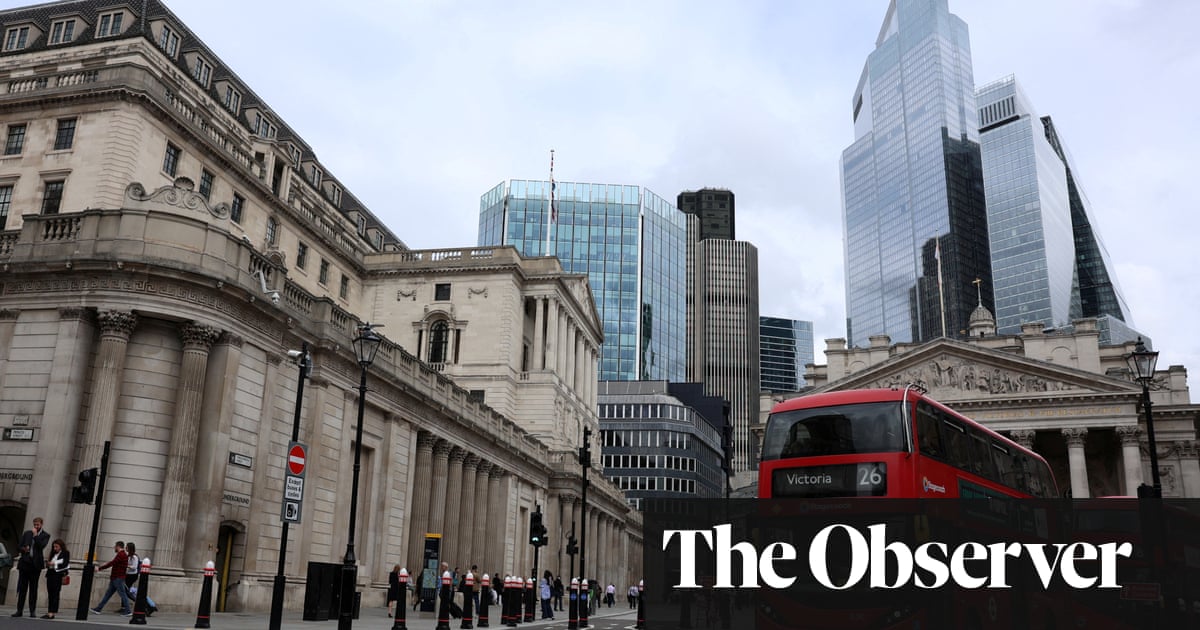But, 16 years (after the 2008 crisis), some experts believe new risks are emerging. And this time, they are linked to highly indebted companies backed by private equity firms, which are part of the growing but opaque portion of the financial system known as the shadow banking sector. Shadow banking refers to financial firms that face little to no regulation compared with traditional lenders, and includes businesses such as hedge funds, private credit and private equity funds.
While the use of securitisation dipped in the wake of the 2008 financial crisis, as a result of a tarnished reputation and regulatory backlash, its popularity has subsequently risen. Today, the global securitisation market covers about £4.7tn of assets, according to estimates by analysts at RBC Capital.
In this public market, bundled loans are rated by credit rating agencies and sold on to a broad range of investors, and their terms, structure and sales are openly disclosed. These are the routes typically taken by traditional banks, which face far more stringent regulation. The remaining £120bn is made up of securitised loans bundled up by the shadow banking sector. Private securities are sold directly to a limited pool of sophisticated investors. They are less regulated, need not be reviewed by ratings agencies, and are far more opaque.
Savings banks that hold the money of normal people need to be split off from investment banks. So they can collapse and not use these savings as collateral for their risky behavior.
This used to be the law in the US. It was stupidly undone during the Clinton administration.
Whoever’s writing this timeline is just like, “C’mon, guillotine the billionaires already!”
Sorry dude, but they aren’t back. They aren’t back because they never left.
GME stock owners be like “Yeah, we have been talking about that shit for years now!”
Yes
Explain in some detail as to how this is connected.
Just saying that these guys have been going crazy trying to find all the cracks in the system and have been talking about all the systemic risks for years at this point. It’s not related to GME in particular, it’s just that this crowd of retail investors are extremely interested in anything that could point to a potential market collapse and they are ahead of financial news sites for many of these things.
tl;dr is that when the GameStop squeeze didn’t occur, loads of those traders got really into market mechanics, fiscal policy, and activism.
I still sign their petitions, but I’ve had the passion for it beaten out of me over the years. Markets are, I believe, unfair by design, and this economic system is functioning exactly as intended.
take some low risk loans and package them together to increase yield
trade packages with investors and banks
put those packages into huge CDOs, then make CDOs of CDOs, then essentially gamble on the value of said CDOs
morbillion dollars achieved
run out of low risk loans to package
Yolo, let’s just put all the loans in, what could possibly go wrong lol
8% of the poor plebs go delinquent on their predatory loans
2008 financial crash
lobby congress to bail you out so you get paid, tell everyone it was the fault of immigrants and poor people
repeat
I’m sure Tim Pool, former Occupy Wall Street spokesperson, is very upset about this.
I wonder what excuse the people who voted for Trump because of “the economy” will come up with next time.
Quickily, let’s remove more regulations to avoid this!
This article depicts my worries very well.








